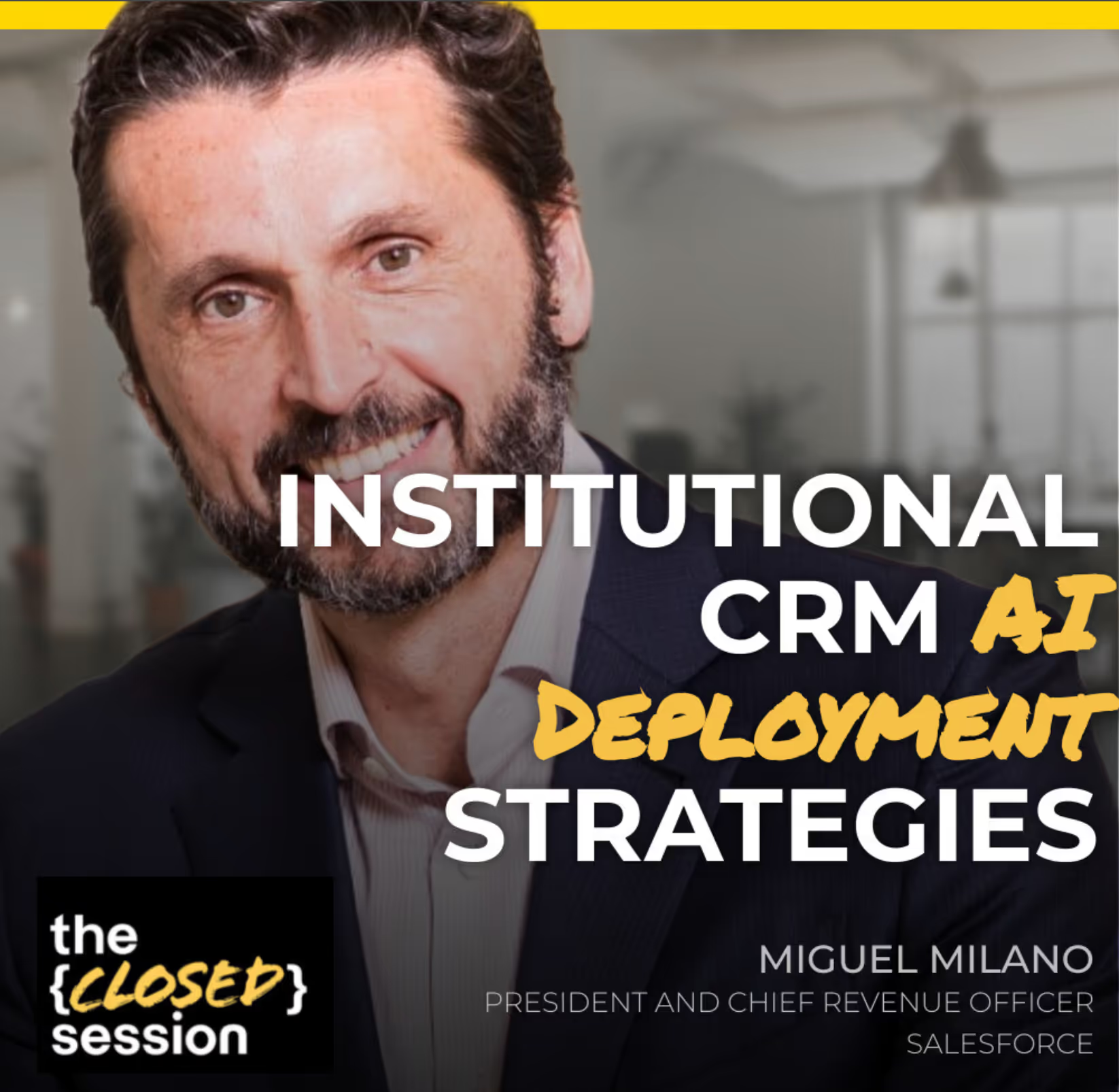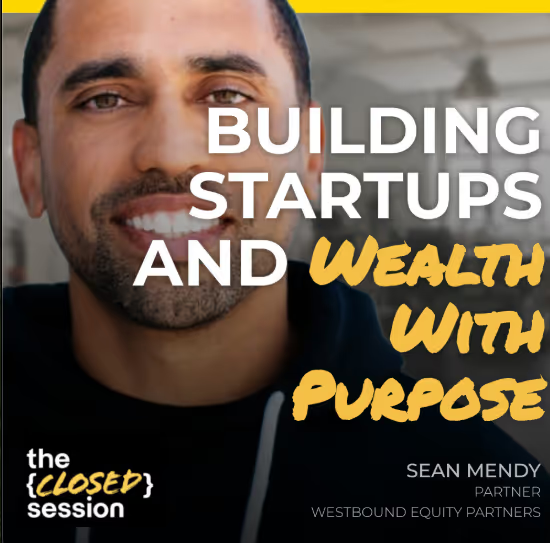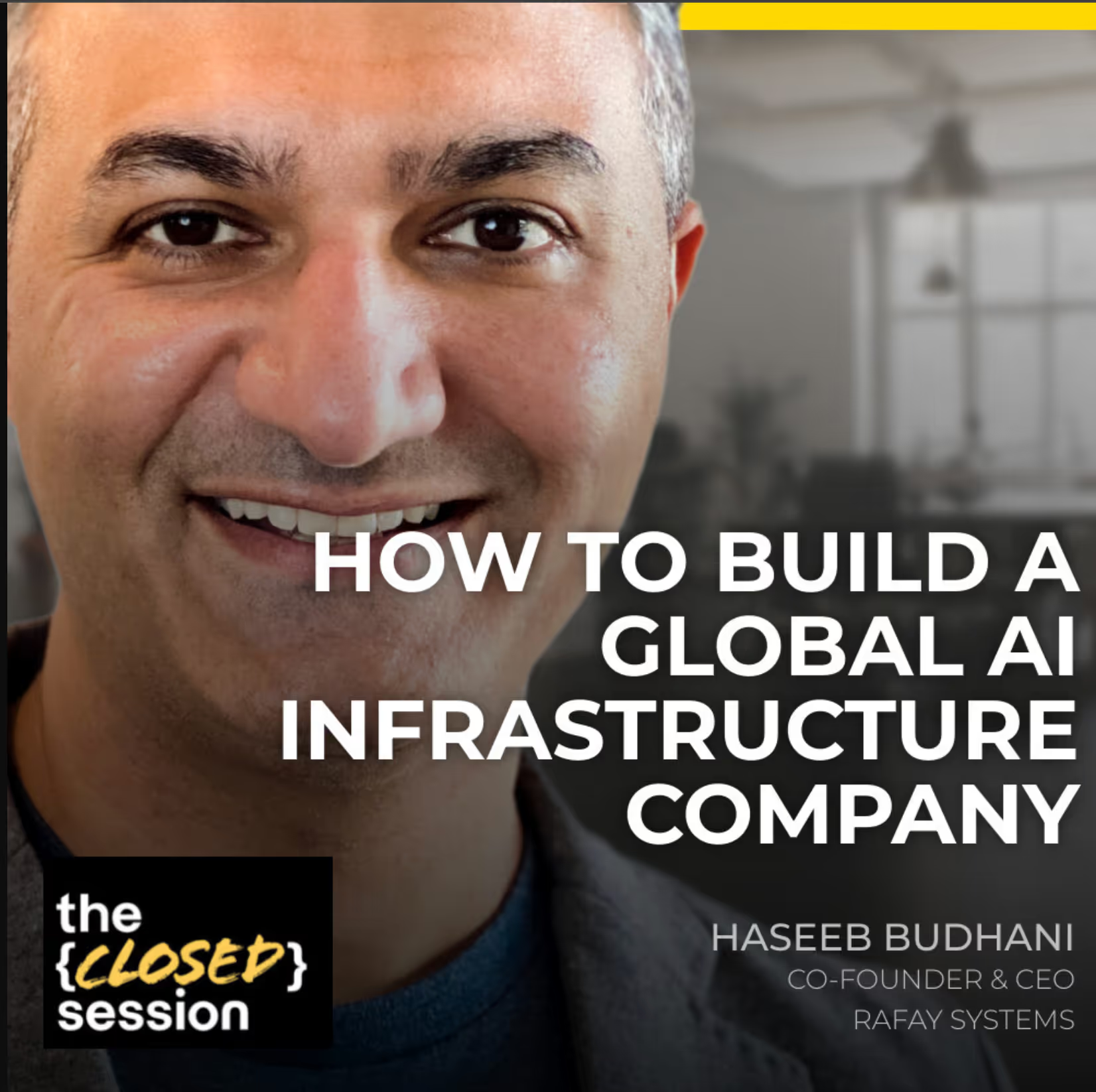
Philosophy, Data, and AI Ethics with NYT Best-selling Author + Data Scientist Seth Stephens-Davidowitz
How does Google search data reveal hidden human truths and behaviors? What philosophical challenges arise when interpreting big data? In what ways does data reflect societal biases and preconceived notions? What's the potential of data science in revealing patterns that might be invisible to human analysts?
Seth Stephens-Davidowitz is a data scientist, New York Times bestselling author, and sought-after keynote speaker. His 2017 book, Everybody Lies, on the secrets revealed in internet data, was a New York Times bestseller; a PBS NewsHour Book of the Year; and an Economist Book of the Year. His 2022 book, Don’t Trust Your Gut, on how people can use data to best achieve their life goals, was excerpted in the New York Times, the Atlantic, and Wired. Seth has worked as a data scientist at Google; a visiting lecturer at the Wharton School of the University of Pennsylvania; and a contributing op-ed writer for the New York Times. He received his BA in philosophy, Phi Beta Kappa, from Stanford, and his PhD in economics from Harvard.
Learn more about super{set} at superset.com
Find more episodes at www.theclosedsession.com
Tech, startups & the big picture
Subscribe for sharp takes on innovation, markets, and the forces shaping our future.
More Episodes
Explore additional conversations with entrepreneurs, investors, and leaders shaping the future of tech and business.



